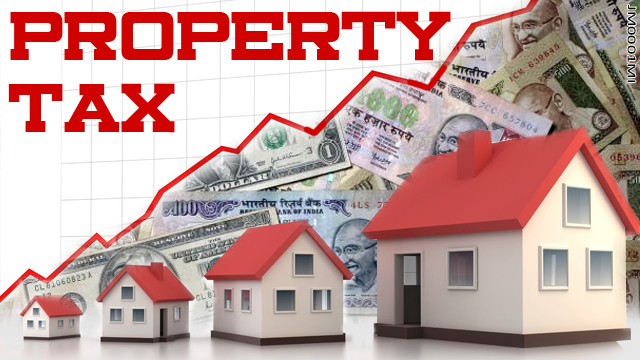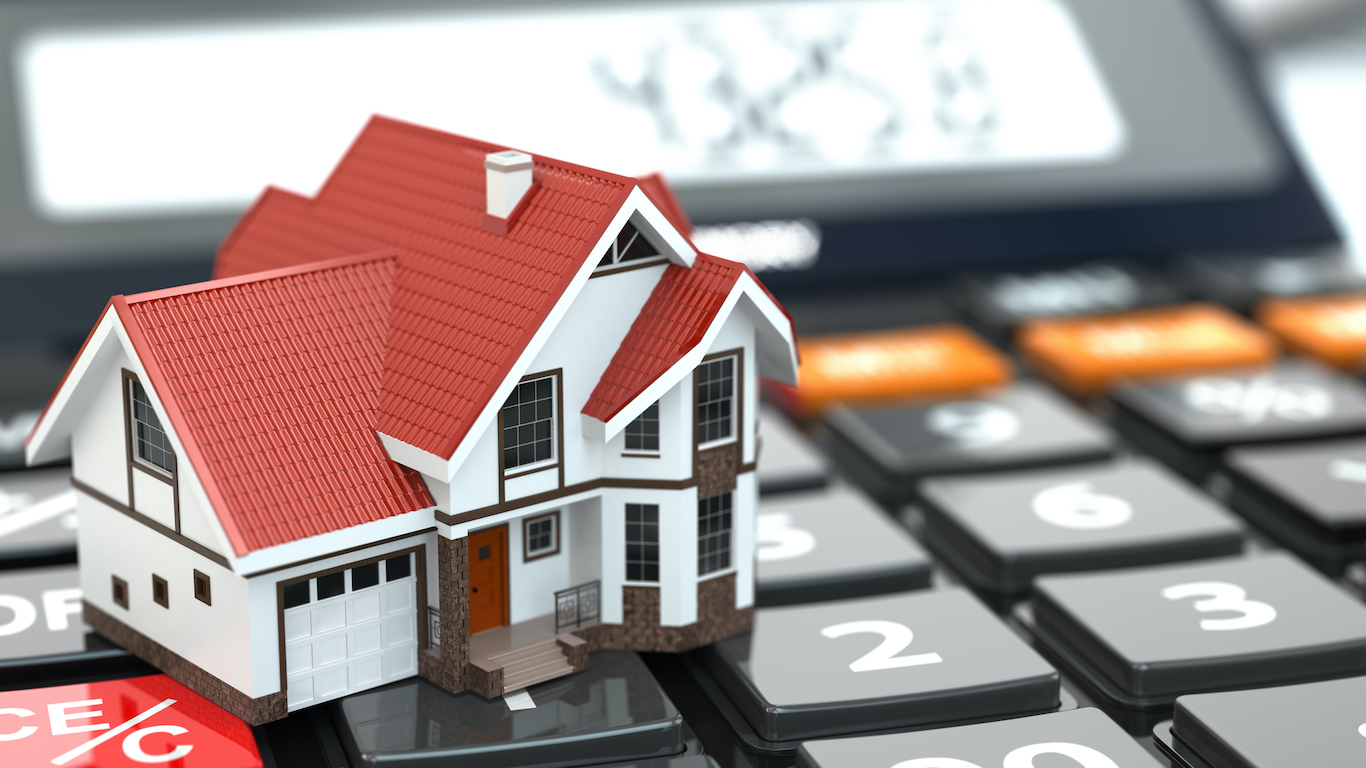How Property Taxes in Illinois Work
Illinois Property Taxes
Just so you know, the state of Illinois has the second-highest property tax across the United States, with an average figure of 2.16 percent, which is almost double the national average. If you’re a homeowner in Illinois, you must be paying at least $4,500 annually in property taxes. This figure can even balloon to $6,000 a year too!
Why are these taxes so high anyway? Part of the reason is that there are more than 8,000 taxing authorities in Illinois. These taxes support the city and country governments along with other public services and projects such as sanitary and park districts. Before buying a property in Illinois, we suggest you go through the mortgage rates.
How They Work
Property taxes from, evaluation to the collection, go through a 2-year cycle. During the first year, officials estimate the existing market value of the real estate in Illinois across neighborhoods. After that, county boards review this assessment determining if they are correct. For instance, if a board finds that a particular property was appraised at half its actual value, the council will double the estimated value.

But how can you, as a private property owner, know that your property was appraised at a reasonable value? This is why if you feel the assessed value is discrepant, you can protest the assessment before the county board and then the State Property Tax Appeal Board if the former doesn’t work out.
Can you be Exempted?
Yes, some exemptions can be made that reduce the assessed value of your property and thus reduce your annual property tax in Illinois. The most popular of these exemptions is the General Homestead Exemption. According to this exemption, assessed property values can be reduced by up to $10,000 in Cook County and up to $6,000 in all other counties in Illinois.
You can also be exempted via the Senior Citizens Homestead Exemption if you 65 or above years old. It mandates a $5,000 reduction in assessed value in all counties and an $8,000 reduction in Cook County.
In summary, there is no fixed property tax rate in Illinois. Instead, it depends on the equalized assessed value (EAV) of your property. Apart from that, it also depends on the volume of funds your local taxing districts need to meet operational expenses for the following year. However, as a general rule of thumb, most of the property in Illinois is evaluated at 33.3% of its reasonable market value.

